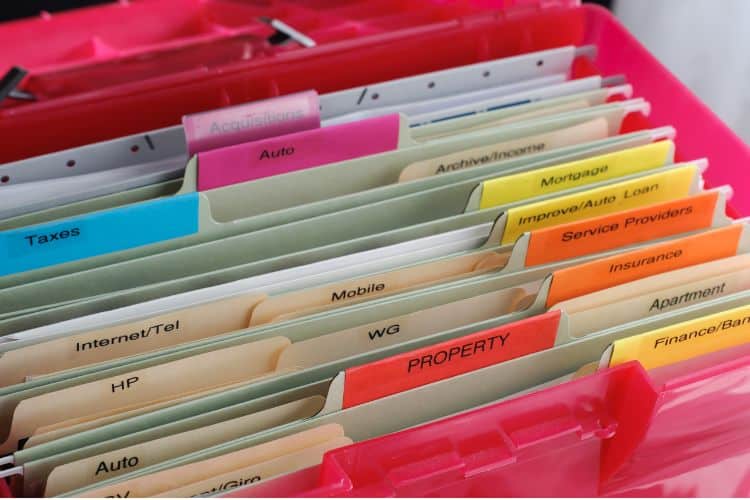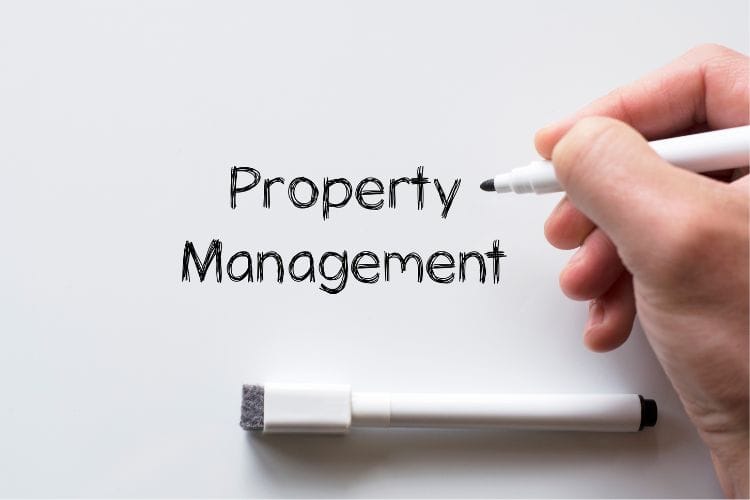As a property owner in Queensland, Australia, you may be wondering, “Can I be my own property manager?” After all, handling the day-to-day tasks yourself could potentially save you money on management fees.
That being said, the decision to self-manage your rental property is not one to be taken lightly. There are a number of important legal and practical considerations to keep in mind as you’re about to learn.
The Role of a Property Manager
Before deciding whether self-management is right for you, it’s helpful to understand the key responsibilities of a professional property manager.
In Queensland, a property manager acts as the liaison between tenants and the property owner. Their duties typically include:
- Advertising vacant properties and screening prospective tenants
- Draughting and executing tenancy agreements
- Collecting rent and maintaining accurate financial records
- Coordinating property inspections and responding to maintenance requests
- Handling tenant disputes and lease terminations
- Staying up-to-date with relevant landlord-tenant legislation
Essentially, a property manager takes on the time-consuming and often complex administrative tasks associated with renting out a property. This allows the owner to take a more hands-off approach, while still ensuring their investment is being properly managed.
Licencing Requirements

In Queensland, anyone who wishes to professionally manage a rental property must hold an appropriate licence from the Office of Fair Trading (OFT).
There are two main licence types:
- Registration Certificate: This is the entry-level qualification, which allows the holder to work for a licenced real estate agency. To obtain a Registration Certificate, individuals must complete an accredited training course.
- Full Licence: A Full Licence permits the holder to operate their own property management business or work as an independent contractor. To qualify, applicants must have held a Registration Certificate for at least 12 months and complete additional training.
It’s important to note that these licencing requirements apply even if you are only managing your own investment property. Attempting to self-manage without the proper qualifications could result in hefty fines or other legal penalties.
As such, DIY property management is generally not recommended for those without prior real estate experience.
The Pros and Cons of Self-Management
For seasoned property investors or those with a background in real estate, self-management may be a viable option. The potential benefits include:
- Reduced Costs: By cutting out property management fees, which can range from 5-12% of the weekly rent, owners can potentially keep more of their rental income.
- Increased Control: Self-managers have complete autonomy over tenant selection, maintenance, and other operational decisions.
- Hands-On Experience: Actively managing a rental property can provide valuable insight and skills that may benefit the owner’s broader investment strategy.
However, self-management also comes with its fair share of challenges:
- Time and Effort: Effectively managing a rental property is time-consuming, requiring the owner to be available to respond to tenant needs and legal obligations at all hours.
- Specialised Knowledge: Navigating the complex landlord-tenant legislation in Queensland, as well as handling matters like trust accounting, can be daunting for those without prior experience.
- Emotional Investment: Dealing directly with tenants can be stressful, especially when it comes to sensitive issues like lease terminations or property damage.
- Lack of Economies of Scale: Professional property managers can often negotiate better rates with tradespeople and access discounted services that individual owners cannot.
Ultimately, the decision to self-manage or hire a professional will depend on the owner’s specific circumstances, risk tolerance, and property management capabilities.
It’s advisable to carefully weigh the pros and cons before proceeding.
Legal Obligations for Landlords
Regardless of whether you self-manage or hire a professional, as a landlord in Queensland, you are subject to a range of legal obligations.
Some key responsibilities include:
- Maintaining the property in a safe and habitable condition
- Adhering to the Residential Tenancies and Rooming Accommodation Act 2008, which governs the rental process
- Ensuring all necessary insurances are in place, such as landlord insurance and public liability cover
- Properly handling rental bonds and trust account management
- Providing tenants with appropriate notice for property inspections, rent increases, and lease terminations
Failure to comply with these requirements can result in significant penalties, making it crucial for landlords—whether self-managing or not—to have a thorough understanding of their legal duties.
Strategies for Successful Self-Management
If you do decide to take on the role of property manager for your own investment, there are several strategies that can help ensure your DIY approach is successful:

- Educate Yourself: Invest time in learning the relevant landlord-tenant legislation, as well as best practises for tasks like screening tenants, conducting inspections, and managing maintenance.
- Develop Strong Systems: Implement organised processes for tasks like rent collection, record-keeping, and responding to maintenance requests. Consider using specialised property management software to streamline these operations.
- Build a Network of Trusted Tradespeople: Establish relationships with reliable plumbers, electricians, and other contractors who can promptly address any issues that arise.
- Maintain Excellent Communication: Stay in close contact with your tenants, promptly addressing any concerns or requests. Clear, transparent communication can go a long way in avoiding disputes.
- Seek Professional Advice: Even if you choose to self-manage, it’s wise to consult with a licenced real estate agent or property management specialist for guidance on complex matters.
By following these strategies, Queensland landlords who take on the property manager role themselves can increase their chances of success.
Wrapping Up
While self-managing a rental property in Queensland can potentially save you money on management fees, it also comes with a range of legal responsibilities and practical challenges.
See also how much Airbnb property managers charge.
For landlords without prior real estate experience, the risks of non-compliance and mismanagement often outweigh the potential benefits. That being said, for seasoned property investors or those with the necessary skills and time, self-management can be a viable option.
By educating themselves, developing robust systems, and building a network of trusted tradespeople, Queensland landlords can successfully take on the role of property manager for their own investment.
However, it’s crucial to remain vigilant about fulfilling all legal obligations and to be prepared to transition to professional management if the demands become too burdensome.
Ultimately, the decision to self-manage or hire a licenced property manager will depend on the individual owner’s circumstances, capabilities, and risk tolerance.
